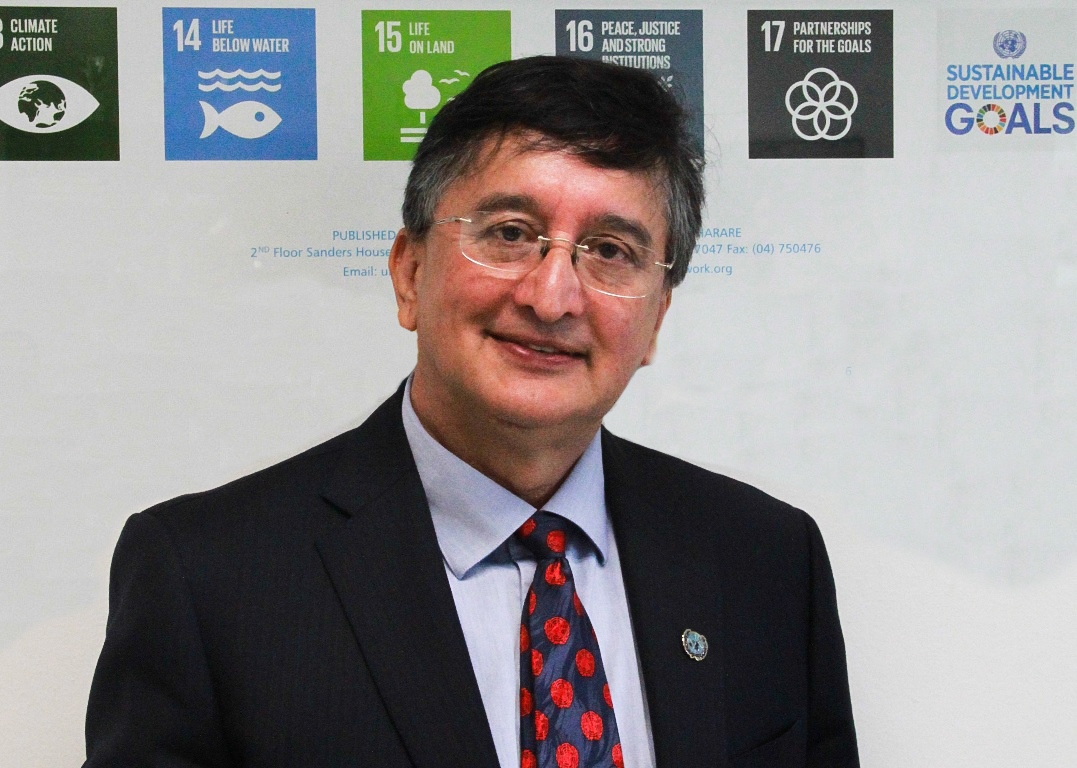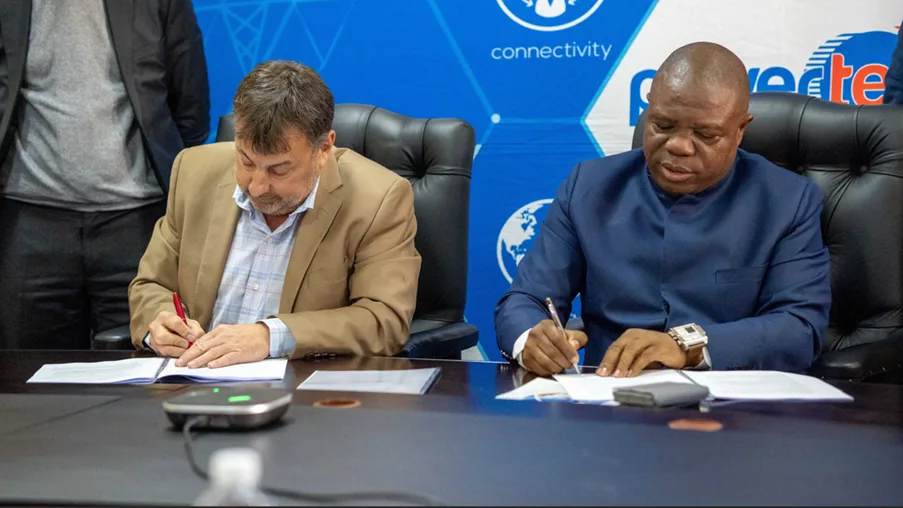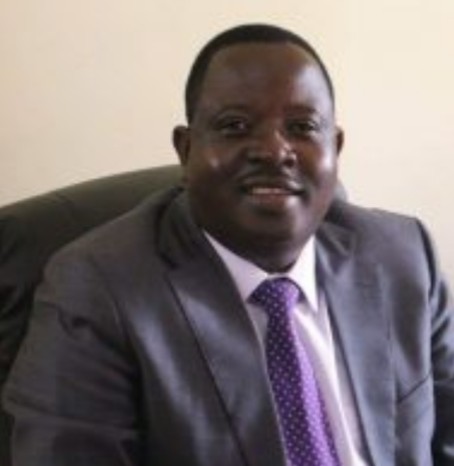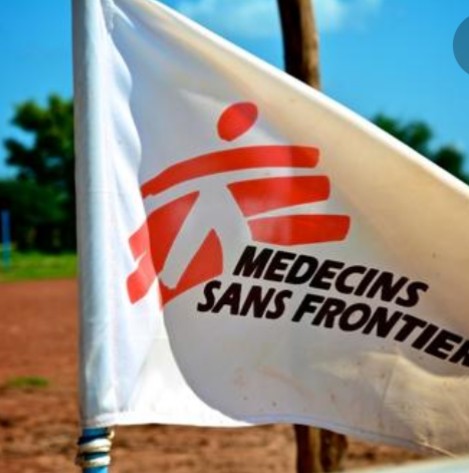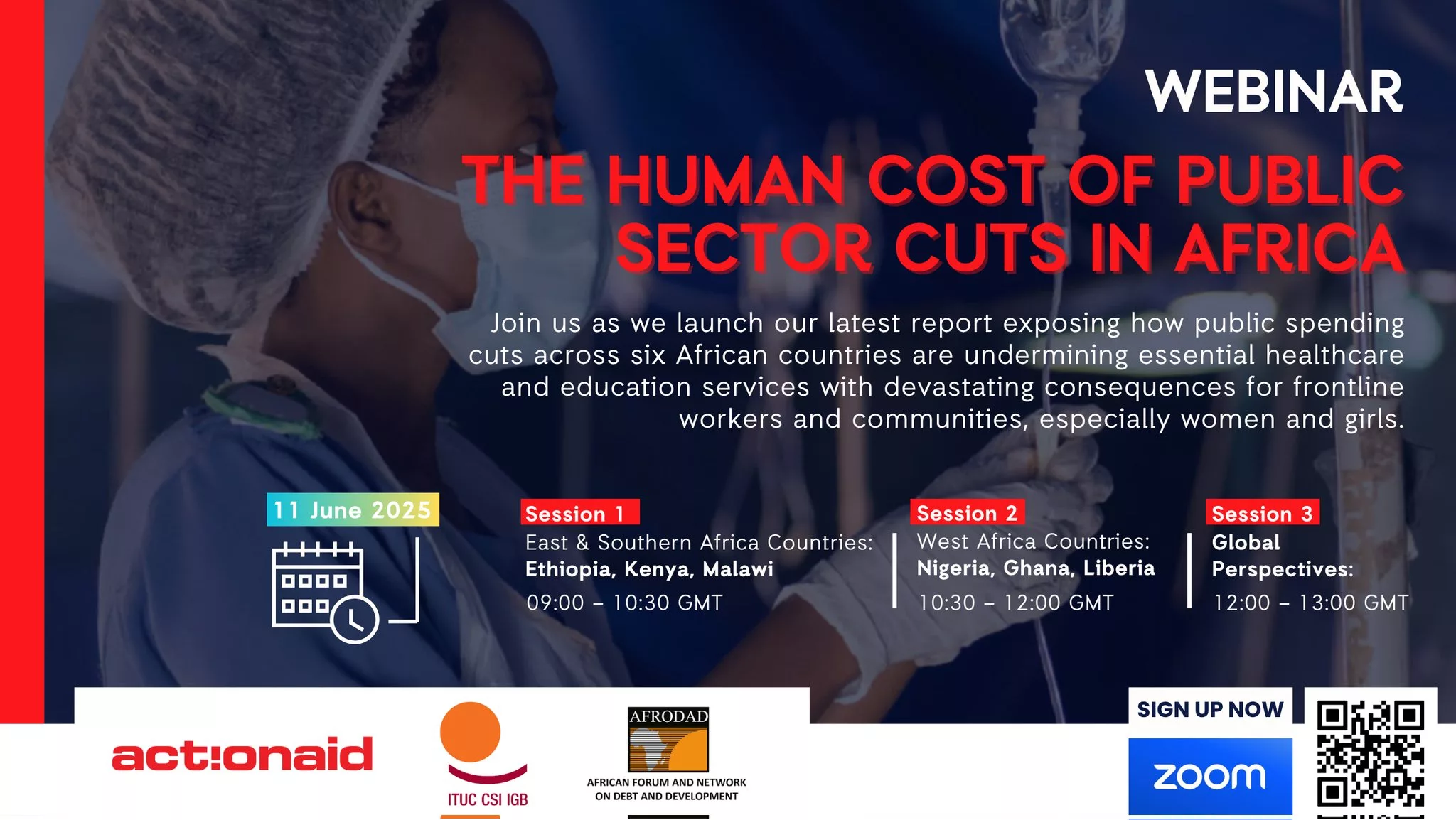By Sirak Gebrehiwot (UN Zimbabwe Communications Specialist)
The United Nations System in Zimbabwe works with Government, Development Partners, Civil Society Organisations and communities to advance democratic, social and economic governance for quality service delivery in health, education, water and sanitation, food and nutrition, gender equality, HIV and AIDS, poverty reduction and resilience building towards sustainable development.
Upholding rule of law and human rights, adhering to humanitarian principles in public service provision, and maintaining peace are necessary conditions to resolve Zimbabwe’s current socio-economic challenges and to achieve its vision 2030 of becoming an upper middle-income country.
The United Nations is concerned over the recent spate of violence in Zimbabwe, leaving trails of destruction, looting, mass arrest and detention as well as reported physical violence, rape cases and sexual violence.
The United Nations notes the Government’s stated commitment to investigate the reported cases of violence, rape and incidents of unlawful detention, including of minors.
The investigations should result in holding the perpetrators to account and bringing justice to those affected, assisting families who lost loved ones, ensuring due process of law to those in custody and providing survivors with necessary health, psycho-social and legal services.
Acts of violence, rape, and other forms of violence are heinous crimes and a serious threat to every individual’s rights to life and dignity. The safety, security and dignity of every person are universal human rights enshrined in the country’s Constitution and the Universal Declaration of Human Rights.
The United Nations will continue supporting Zimbabwe to ensure that equitable and quality assistance is provided to survivors and those affected, facilitate the healing and restoration of the victims’ dignity and self-worth, advocate for the protection of the rights of workers and support national peace building efforts to foster co-existence and durable peace.
The United Nations remains fully engaged with Government and various stakeholders to address the current challenges, as outlined in the Transitional Stabilisation Programme, respond to emerging humanitarian needs, and find lasting solutions as articulated in the 2030 Agenda for Sustainable Development.


